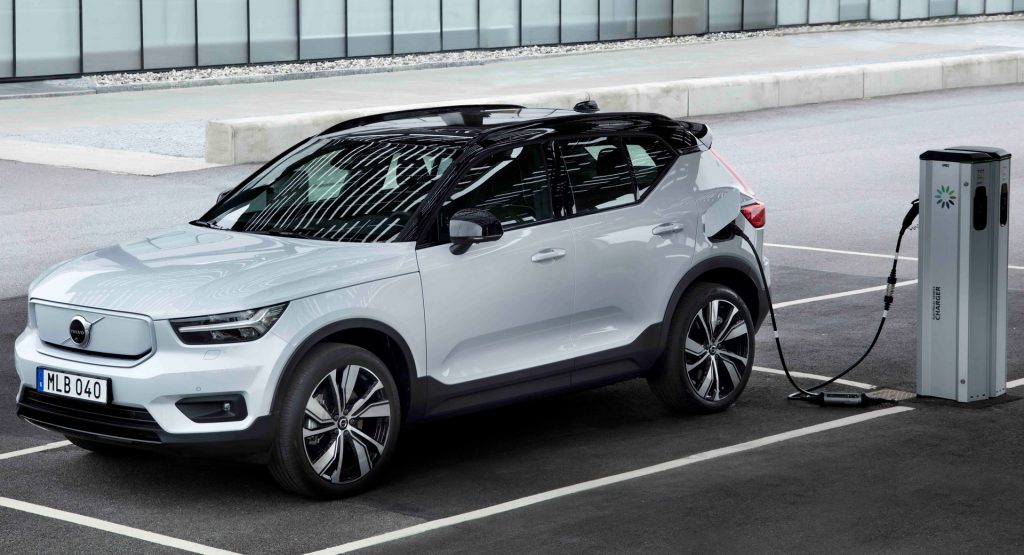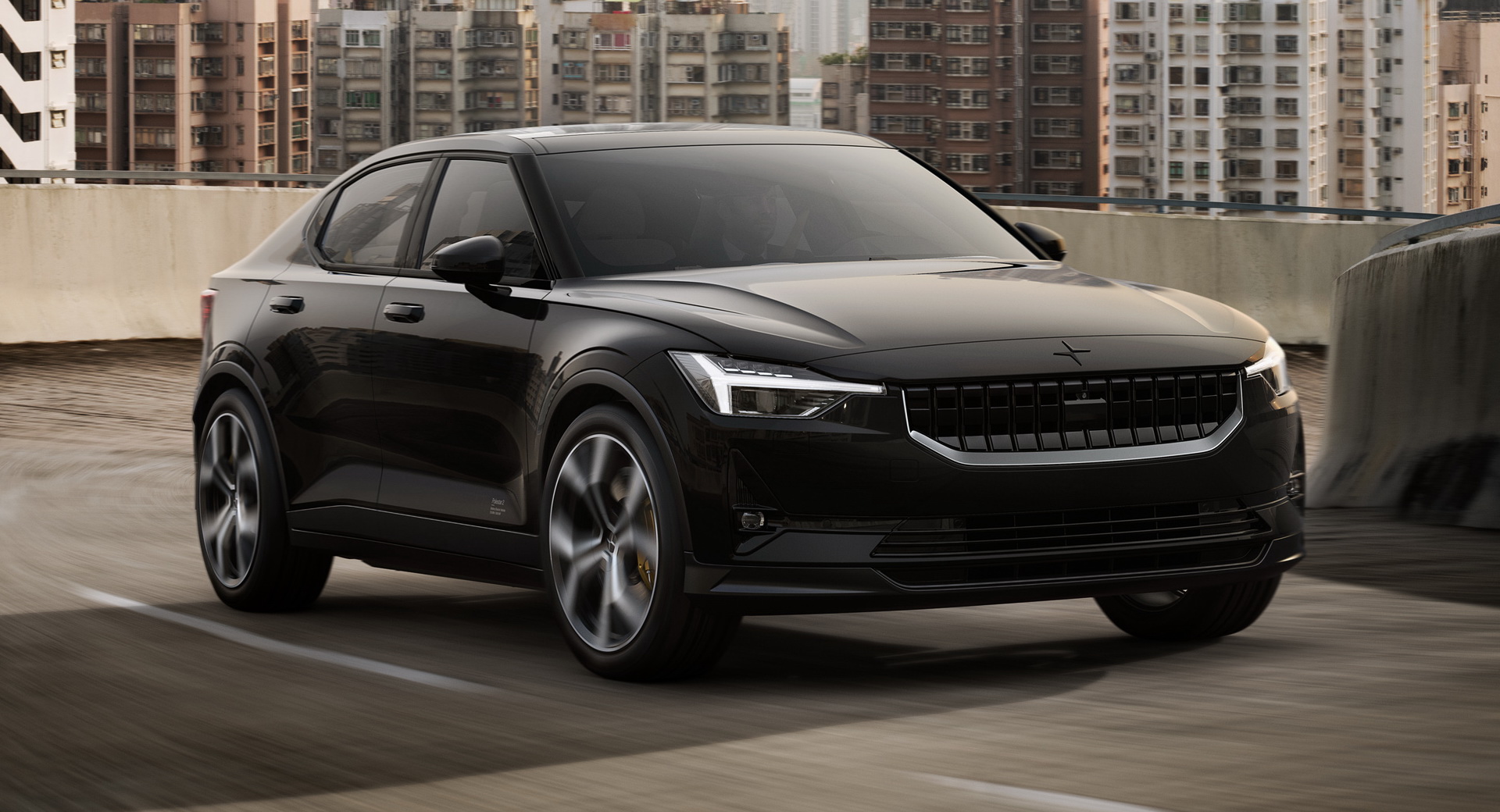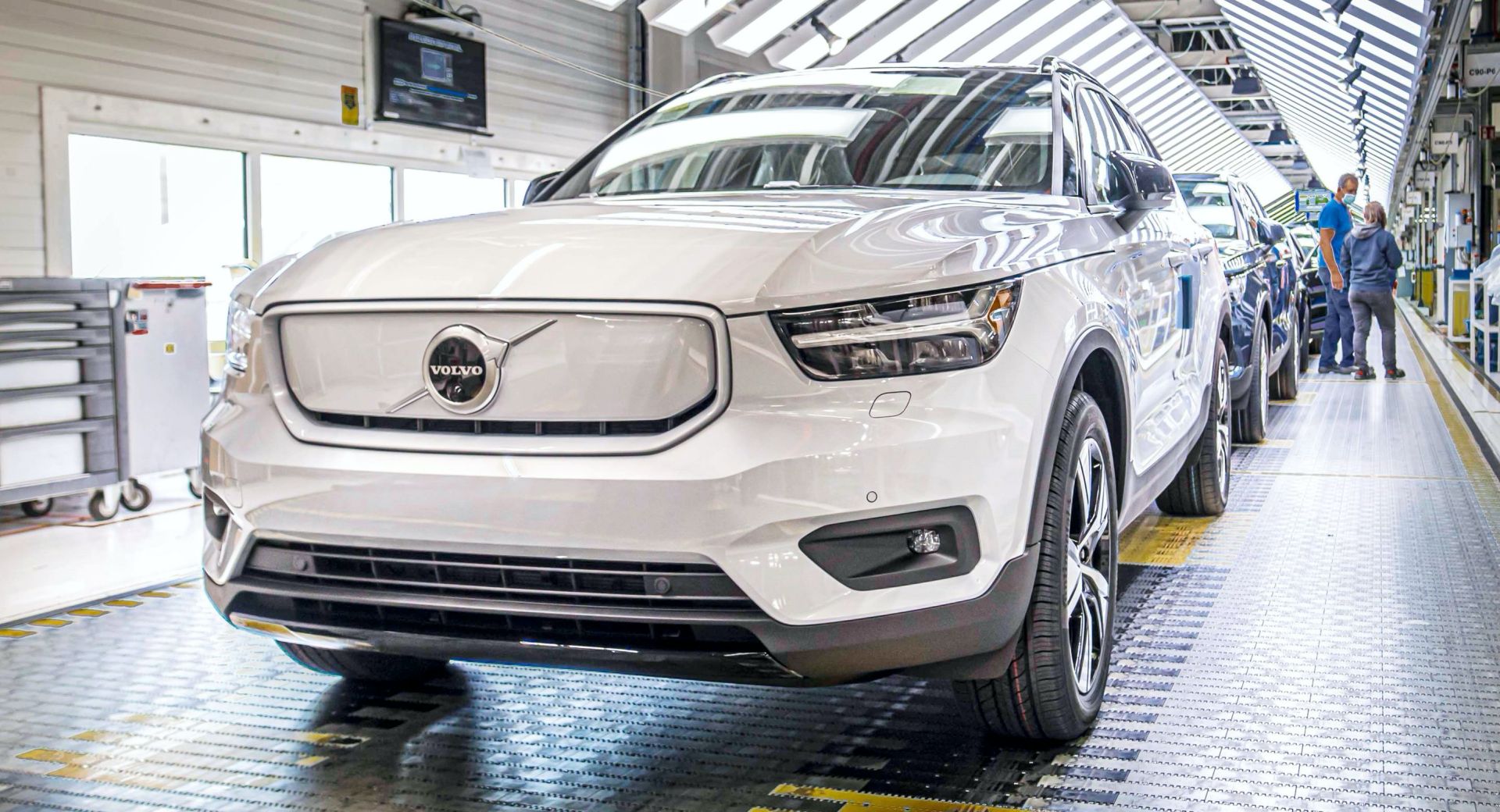Volvo’s hybrid models are flying off the shelf in Europe, allowing the company to not only comfortably meet EU’s average CO2 emissions target this year, but also consider selling their CO2 credits to rival automakers that are struggling to meet the new rules.
According to the EU’s legislation, carmakers that sell cars in Europe have to reduce their average fleet CO2 emissions to 95 g/km or face huge fines. The rules also allow carmakers to generate CO2 credits when they sell full electric or hybrid vehicles, which then can be used to either help themselves meet the new CO2 limits or be sold to other carmakers.
Read More: Volvo’s New XC40 Recharge Enters Production As The Brand’s First EV
Volvo said that nearly one in three cars it sold in Europe so far this year has been a hybrid, together with a small number of EVs under both the Volvo and Polestar brands.
“We are in a good position. We will definitely not pay fines. In fact, we actually can support our competitors if they want,” Volvo Cars’ chief financial officer Carla de Geyseleer told the Financial Times.
Volvo’s CFO added that the company isn’t currently in talks with anyone. Acquiring CO2 credits from rival carmakers is a safe practice to avoid heavy fines in Europe. Fiat Chrysler will comply with the EU rules after buying credits from Tesla, while VW signed a deal with MG after facing delays in their own EV launch schedule, taking advantage of the ZS electric SUV’s strong demand.
Volvo also announced the sale of its first “green bond” for 500 million euros ($585 million), adding that the money will be used for investment into future electric models.






